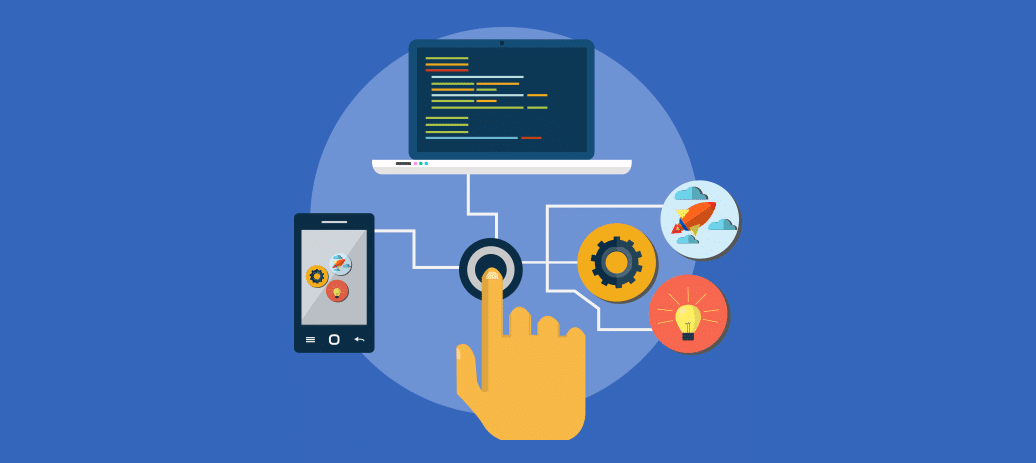Mobile application development is a difficult task. The last test being: will the client receive and use it? That is the reason UX must be a basis for development. What precisely makes the ideal UX? It’s not simply black and white; there’s space for a lot of vagueness.
In the development stage, there are key prescribed procedures you can use to convey a superior item at last. At the point when coders think about these key practices, they impact each feature on the application.
• Writing the core logic of the app is very enterprising, and coders usually skip the meticulous task of writing coding style guides in pursuit of adrenaline rush which they get whilst writing the code. Little do they know that devoting time upfront would set the project on the right track and avoid ambiguity.

• One aspect of writing high-quality codes which are overlooked quite often – Naming the principles. Coders must follow Apple’s basic postulates while naming classes, functions, constants and other elements. The naming pattern should be consistent throughout the project.
• Ideally, one should decide the app architecture before writing the code. A decent architecture will make your app concise, reduce its maintenance and will provide a backdoor entry to clear bugs (if any) in the future.
You could either go for classic MVC architecture or choose modern architecture like VIPER. If you are struggling with the architecture, it means that you are committing an error. Moreover, there are numerous articles enumerating the use and application of popular architectures like MVC MVVM and others. Choose wisely.
• Yet another way of writing a clear code is keeping all source files across different folders based. Setting up a common folder structure would be of much help provided that it is used and referred to throughout the project.

• You can steer clear of all troubles without adding an external dependency to your project in the initial phase. A single neat library would seem to drive you through; however, with the next OS version looming over your head dismantles your entire plan.
In case of building an app for a new OS, switching out the implementation will be easier with external libraries. External dependencies should not be integrated into the project manually; it will soak up quite a lot of time. A great way to manage dependencies is via CocoaPods.
• Set Schemes for your app. Schemes tell XCode what could happen when you hit the Run, Test, Profile, Analyze or Archive action. They map these different actions and build configurations. In order to set diagnostic flags for debugging, you can pass launch arguments.
• Reliance on automation always pays off. It will help you in maintaining code quality. A continuous integration and delivery process removes the bugs early in the process. Developers integrate code into a shared repository on a continuous basis in continuous integration, thus, allowing the team to find out problems early in the developmental cycle.
• With this approach, teams develop software in short cycles, to ensure that it can be reliably used in the near future.
• You should utilize different environments for testing and other activities with your service. Each could have its very own base URL, log level, pack identifier, provisioning profile, etc. A fundamental debug won’t get the job done despite the fact that Apple recommends that you utilize the troubleshoot manufacture setup for improvement and make your App Store packages utilizing the design
• Deploying the analytic framework is quintessential in your app. This lays a foundation for gaining insight into the people’s perception of the app. Is button A too hard to find? Does feature B add value?
To answer these, you can send logs to services that aggregate them and visualizes them, for instance, the Google Tag Manager. You can modify the data logically, unlike Google Analytics without having to update the app. When it comes to building an app, counting on experts is always advised. An iOS app development company like AppsChopper builds immaculate apps. It thrives on its attention to detail and precision in coding.













Leave a Reply